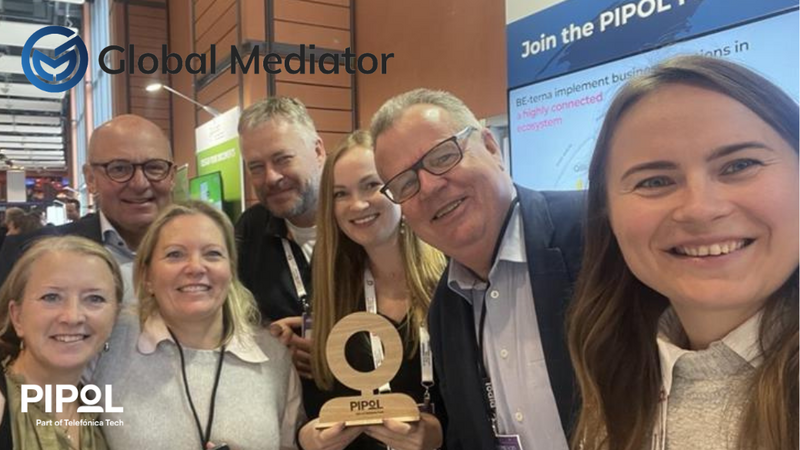Brazil is known to be one of the most challenging countries for localizing an international ERP solution. Many companies even choose to exclude Brazil from their ERP rollouts. However, ERP localizations in Brazil are more successful than rumored. With a 90% market share, our partner Fênix Consultoria excels in localizing and supporting Microsoft Dynamics Business Central. Learn about the specific challenges in Brazil and how to approach them.
Don’t Be Afraid of Localizing ERP in Brazil
"Microsoft Business Central works in Brazil, and international companies should not be afraid. Success is within reach," says Christian Andrade, Project Manager at Fênix Consultoria. He emphasizes that localizing software in Brazil takes two to three times longer due to the unique business practices, government control of transactions, and the intricate tax system with up to 100 different regional taxes.
How to Approach International ERP Projects in Brazil
“If you run an international business, it has major implications for your global data analysis and insight if the Brazilian site is a free-flowing business satellite. You might say that we’ve made it a mission to succeed with ERP localization in Brazil. And we succeed with each case that we embrace. We have not yet turned down an international ERP project from PIPOL, but we advise companies in the health, finance, and public sectors to use tailor-made sector software,” he says.
The way to succeed in Brazil is, according to Fênix Consultoria, based on the following approach:
1. Translation of Needs into a Brazilian Context
Both international and local managers must understand the importance and requirements of localization. Align Brazilian culture, business methods, and governmental requirements with your company's processes to ensure a smooth implementation.
2. Communication and Change Management
Local managers should explain the reasons for adapting to new processes to local employees. Effective communication and understanding are crucial for successful change management. Transitioning from Brazilian software to international software may require staff changes.
3. Automation of Processes
In Brazil’s complex compliance environment, efficient data collection is essential. Robotic Process Automation (RPA) can help speed up processes and ensure accuracy.
4. Core Model and Cloud Migration
Approx. 10 percent of Fênix Consultoria’s localizations are pure cloud, 80 percent are cloud on-premises, and 10 percent are server-based. In a country with a high degree of compliance and frequent changes in regulations, it’s much easier and time-reducing for companies to have a cloud-based solution. " We always recommend the core model as it makes international implementation and localization simpler and gives the company many more advantages. We adapt the core model to Brazil before the SaaS migration,” Christian Andrade says.
PIPOL kept us "alive"
The partnership between PIPOL and Fênix Consultoria began in 2014 and has been crucial for successful ERP projects in Brazil.
“We instantly liked the partner concept and core model of PIPOL and are still grateful that they had faith in us back then. During a couple of years, Microsoft chose not to support NAV customers in Brazil, and PIPOL kept us alive with international projects during those years. We can implement PIPOL customers in every environment and know the core methods of PIPOL to the bone. So, the partnership is still of high value. With BE-terna and Telefónica Tech, the partnership has become even closer as they both operate in Spain and Brazil, which is very beneficial for us,” he says.
Fênix Consultoria does around 40 Microsoft Dynamics Business Central localizations per year and demand is high. Fênix Consultoria takes in external consultants and trains them to be able to solve more and more projects in Brazil.
About Fênix Consultoria
With over 20 years of experience, Fênix Consultoria specializes in Brazilian localization for Microsoft Dynamics 365 Business Central. Based in Rio de Janeiro, with subsidiaries in São Paulo, Salvador, and Miami, they maintain Brazilian localization for ERP Microsoft Dynamics 365 Business Central.

Our non-binding meetings can help your company!
Are you ready to take your business to the next level? Schedule a 30-minute introductory call to share your goals and challenges and let’s explore how we can partner to drive your business transformation and help you reach your objectives.




